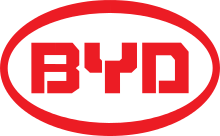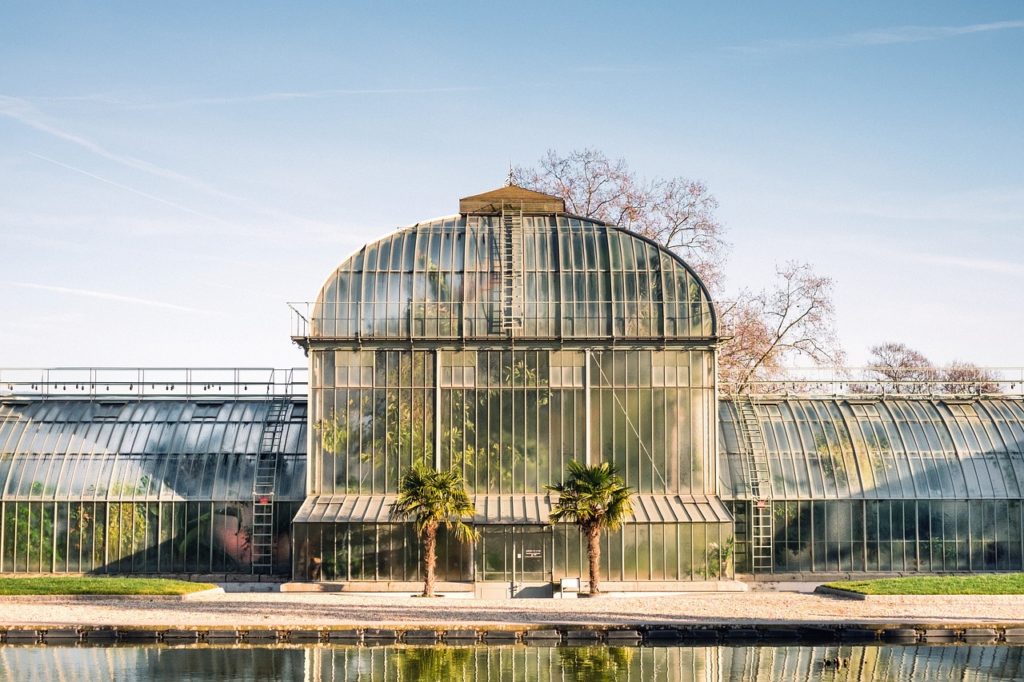The boom in energy use in the Middle East is causing regional leaders to rethink how they allocate natural resources. While the area’s large reserves of oil and natural gas have provided cheap fuel for decades, many now believe that fossil fuels are not the best way to serve the escalating demand for energy in the Middle East, given that burning fossil fuels is the most significant cause of climate change.
The population boom and economic growth in the Middle East have increased energy use exponentially in recent years. More people and more affluent lifestyles have driven demand for air conditioning and water desalination, energy-intense processes that generate pollution. Renewable energy has numerous benefits, including decreasing pollution and reducing the region’s carbon footprint. As Middle Eastern leaders prepare for the post-oil era, businesses, researchers, and government leaders are seeing great potential in alternative fuel sources.
 One area where renewable fuel sources could make a significant impact is agriculture. Farmlands that once were fertile now contend with air pollution, water shortages, and irregular rainfall, which has required human intervention to regulate. This year, the Chinese company Build Your Dreams (BYD) has revealed plans for a cutting-edge agricultural center in the Middle East that could significantly increase local crop yields and help the region produce the food it needs using less water and energy.
One area where renewable fuel sources could make a significant impact is agriculture. Farmlands that once were fertile now contend with air pollution, water shortages, and irregular rainfall, which has required human intervention to regulate. This year, the Chinese company Build Your Dreams (BYD) has revealed plans for a cutting-edge agricultural center in the Middle East that could significantly increase local crop yields and help the region produce the food it needs using less water and energy.
Here is what’s known about the new agricultural center and its creator, BYD.
It’s battery powered:
BYD was founded in 1995 with a focus on battery technology, and now it hopes to “change the world” with its innovative products. Specifically, it wants to create a clean-energy ecosystem that doesn’t rely on petroleum. BYD’s products already are used in a wide range of applications—from buses and monorail systems to consumer electronics. The company also manufactures electric vehicles.
However, BYD’s batteries remain at its heart. Its non-toxic, iron-phosphate battery chemistry offers superior safety, and now BYD’s rechargeable batteries are used in cell phones, laptops, and energy grids. The company continually looks for other applications for its technology.
Its connection with agriculture:
BYD’s proposed agricultural center in the Middle East (a location has not yet been announced) would marry its battery technology with other sustainable systems to increase growing capacity in the region. One of BYD’s main sustainability initiatives is reducing the amount of energy that greenhouses use. These climate-controlled growing centers have become an increasingly popular solution for Middle Eastern farmers facing arid desert climates. Globally, greenhouse use has increased 600 percent in the past two decades.
BYD’s commercial-scale greenhouse would be outfitted with solar panels, water sourced from desalination plants, and batteries to store the energy generated on-site. Solar panels on the roof would allow sunlight through for the plants in the greenhouse while being large enough to generate sufficient power.

The agricultural center also will focus on producing animal feed, a process that is a natural complement to food crops and would further reduce emissions by enabling farmers to produce their own livestock feed, rather than importing it. Many farms throughout the world already produce animal feed alongside crops for human consumption.
The center will cultivate seeds that are specially designed to endure desert growing conditions, especially less water and high heat. Chinese researchers already are testing this idea by planting thousands of acres of seeds that have been altered with technology used in space programs in hopes that some will have a tolerance for the harsh Middle East climate. To combat issues of soil depletion, BYD has proposed importing soil from nearby countries and nourishing it with fertilizers.
BYD’s agricultural center and the broader push to bring more sustainable practices to the Middle East agricultural industry could be the catalyst for a regional boom in local food and livestock production. Along with returning a once-fertile region to food sustainability, it would eliminate growing problems of pollution caused by fossil fuels and dependence on imports.
Food imports have increased significantly in the Middle East, and if the region faces food shortages, this could spark violence and create refugee crises as people compete for scarce resources and move to more food- and water-stable areas. Imported food also costs more, increasing the chances of people suffering from hunger or famine because food prices are too high. In 2015, experts from the International Center for Agricultural Research in Dry Areas (ICARDA) predicted that the cost of importing food to the Middle East would double to about $70 billion annually over the next two decades.
While crop yields have generally been down, some regions already are implementing strategies to increase production. Farmers in Egypt’s Nile Delta are planting grains on beds using special drills, and digital tools and apps are providing farmers with better access to weather reports and market data. Other technologies help farmers conserve water, such as soil moisture sensors that allow farmers to more precisely irrigate their crops and reduce water lost to evaporation. Over time, measurements from moisture sensors also enable farmers to identify weather trends and map soil drainage patterns on their lands.

